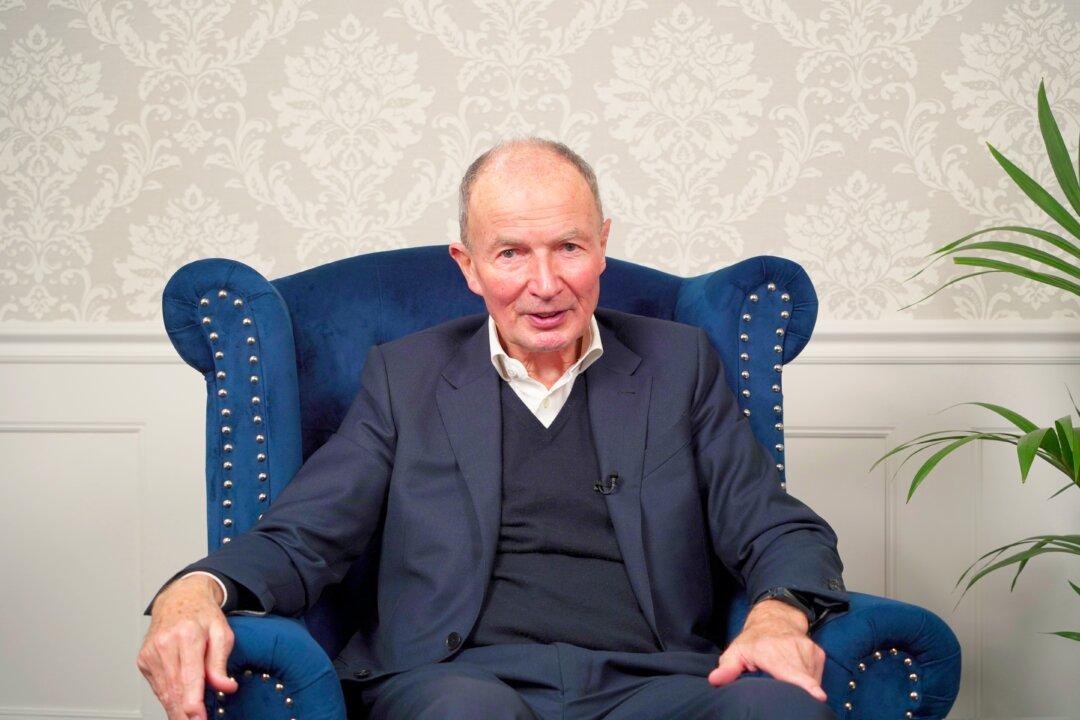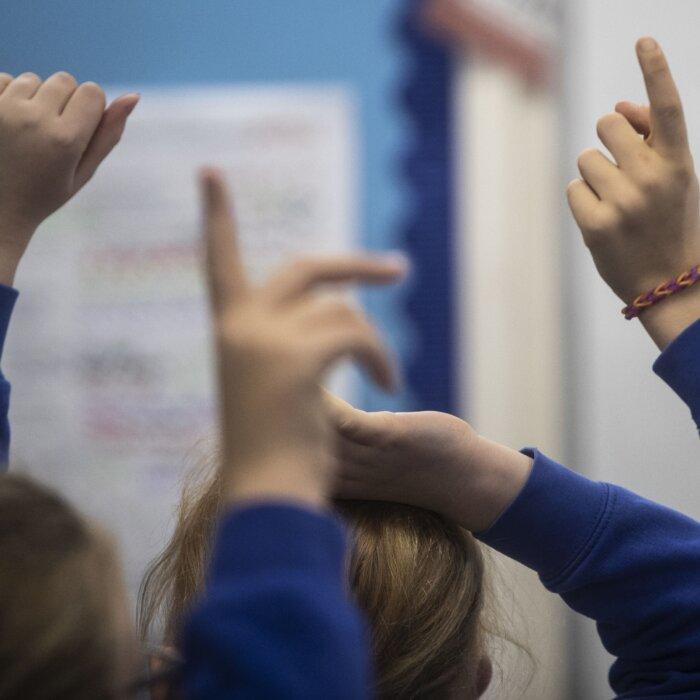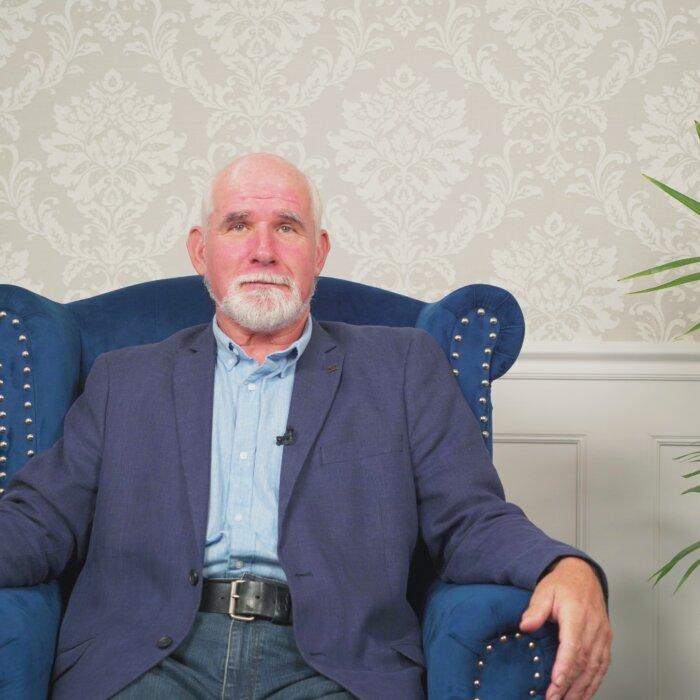Penal populist policies such as extending sentences are not really “hard on crime” because they don’t reduce crime, according to Lord Farmer.
The Conservative peer, who previously carried out two reviews for the Ministry of Justice on the role of families and other relationships to prisoners’ rehabilitation, told NTD’s “British Thought Leaders” programme that he believes strengthening visits in prison is “hard on crime” because data suggest it’s the best way to reduce reoffending.
“So penal populism is [a] very simple and unthought-through policy,” he said, adding that there tends to be “competition between the parties as to who can be hardest on crime.”
“It’s not being hard on crime. It doesn’t reduce crime, actually, we’re seeing crime going up,” he said.
Lord Farmer said he believes “crime does deserve punishment,” but also that the government has a duty of care and to rehabilitate prisoners.
“So if prisoners get family visits, they are 39 percent less likely to reoffend. So you’ve got fewer crimes, fewer victims, less police activity, fewer court cases, much less cost to society—we’ve got so many people locked up to begin with, which is £47,000 a year or something—and fewer people coming back into prison. I don’t call that soft on crime, I call that hard on crime,” he said.
He added that family visits are much more effective than other ways to rehabilitate prisoners.
“We’ve subsequently found out that the statistic for education and employment, which is two other forms of rehabilitation, there was only a reduction of 10 percent each,” he said.
“And even if you got a prisoner off drugs, that just accounted for 20 percent.
“This—family visits—was double that.”
According to Lord Farmer, in prisons he has worked with, one in four prisoners had been in social care, meaning they haven’t had any family, and around half of prisoners don’t get visits at all.
He also said that prisoners’ reoffending rate was 43 percent when he conducted the reviews, and children who have a parent who was in prison have a 60 percent chance of ending up in prison themselves.
Lord Farmer said there was a significant reduction in crimes between the 1850s and the 1900s, which was attributed to Victorian Sunday schools in which morality was being taught.
Culture Needs Changing
“There needs to be a change in the culture,” Lord Farmer said. “The culture has pushed far too much towards this expressive liberalism, individualism. And the pendulum needs to swing back to where the data shows us that human beings have stable mental health by and large, and lead happier lives—children and adults—if they are in stable, committed, and good relationships.”He said we are now living in a society of individualism, where people are living with themselves and their mobile phones and social media.
“And you’ve got the related mental health problems, the loneliness, the housing problems, all sorts of problems being generated from that,” he said, adding that a “good old fashioned family of two biological parents, committed,” makes “a big deal of difference” according to statistics.
“There’s no doubt about it that for children—and I think for the adults themselves—marriage, that commitment, public commitment to each other, is a strengthening factor for that marriage throughout it.”
Lord Farmer said a child is eight times more likely to be on the child protection register and 50 times more likely to die of an inflicted injury if they live with an unrelated adult, while 44 percent of children in the UK don’t grow up with both biological parents.








